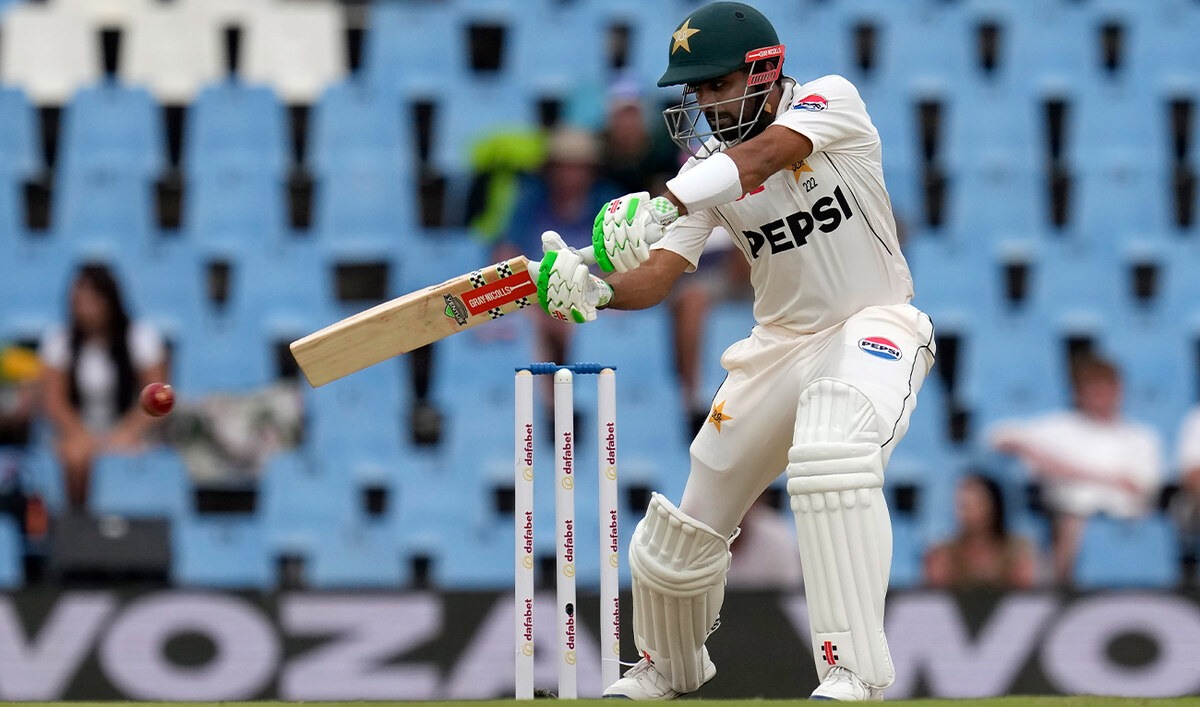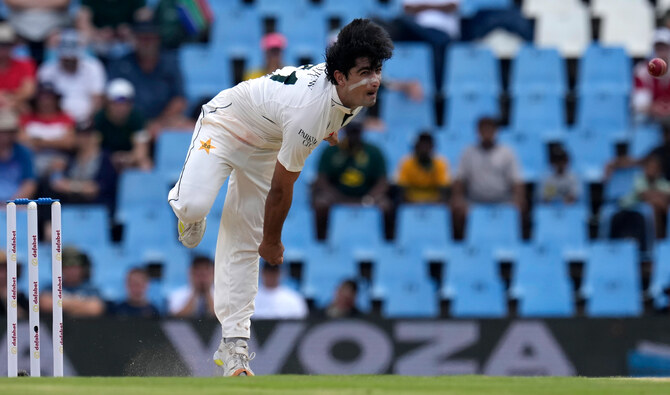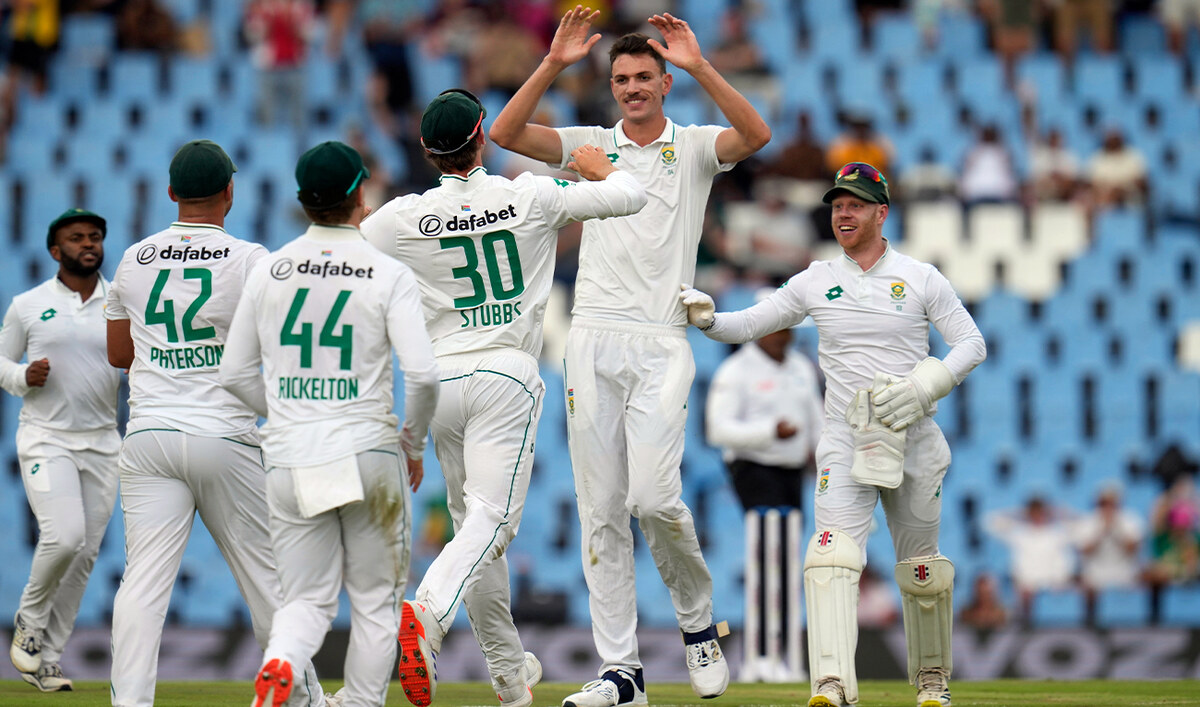ISLAMABAD: Pakistan’s top judge on Sunday urged the people to support judiciary, not individuals affiliated with the institution, only a day after former prime minister Imran Khan organized public rallies across the country to express solidarity with him amid a tussle between the government and the apex court.
Khan asked his party supporters to step out and support the country’s judiciary, constitution and the chief justice following the government’s decision to legislate and limit the powers of the top judge who can initiate public interest litigation on his own and constitute benches without the input of other judges.
The ex-PM said Pakistan’s constitution was “in danger” after the government objected to recent Supreme Court rulings in a case involving elections in Punjab province where Khan’s allies dissolved the legislative assembly in January to build pressure on the government to hold early national elections.
Prime Minister Shehbaz Sharif’s ruling coalition blamed the apex court for going beyond its constitutional remit and undermining parliamentary supremacy after the judges announced May 14 as the election date in Punjab and instructed the central bank to release funds for the polls.
“If you stand up for the constitution and law, then you must support the Supreme Court of Pakistan and not any individual,” Chief Justice of Pakistan Umar Ata Bandial said while addressing a conference on minority rights in the eastern city of Lahore.
“You say that you support us [the judges],” he continued. “Please don’t say that. I’m just one of the members of the Supreme Court of Pakistan. We have no existence individually. Our existence is as a unit and as a constitutional organ. That’s how we function.”
Referring to the talks between the government and Khan’s Pakistan Tehreek-e-Insaf (PTI) party on the apex court’s orders to resolve the political impasse about holding elections throughout the country on the same day, the chief justice said he was “optimistic” that politicians and state institutions were committed to the constitution.
“In this context, the political leadership of Pakistan agreed to start negotiations, which have not ended yet,” he said. “This is what we were informed.”
The Supreme Court announced on Friday it would order the Punjab polls on May 14, if the government and the PTI failed to reach consensus on holding elections.
Multiple rounds of talks between the two sides took place to decide the election date before the PTI announced the negotiations had failed. However, the chief justice maintained that talks were still going on.
“We have nothing to do with [the negotiations], but at least they [the politicians] are conscious that they have a duty to comply [with] the constitution,” he said. “We are there to support that effort.”
About the issue of holding the elections in Punjab on May 14, the chief justice reiterated the judiciary was duty-bound to follow the constitutional requirement of holding polls within 90 days of a dissolution of an assembly.
“When it comes to constitutional enforcement, we must not blink our eyes,” he said. “If [the constitution] says 90 days for holding elections, it is our duty to say that. It is not our choice.”



















